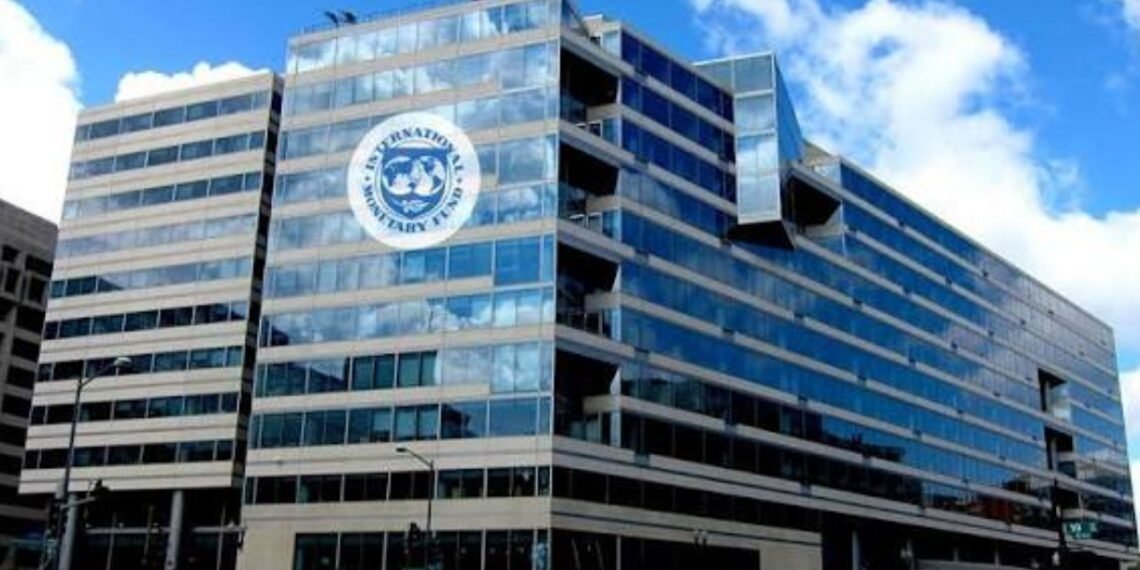The International Monetary Fund (IMF) has released a new global economic outlook that excludes Nigeria from the list of the world’s fastest-growing economies, contradicting the Federal Government’s repeated claims of strong economic performance.
According to the IMF’s latest Sub-Saharan Africa Regional Economic Outlook, five African countries; Benin, Côte d’Ivoire, Ethiopia, Rwanda, and Uganda, are now among the world’s top-performing economies. The report attributes their rapid growth to consistent fiscal reforms, stable macroeconomic policies, and increased investments in infrastructure and manufacturing.
Abebe Selassie, Director of the IMF’s African Department, presented the findings at a press briefing on Thursday, emphasizing that these nations have made remarkable progress through disciplined financial management and policy continuity.
The IMF’s report, however, stands in sharp contrast to statements from the Nigerian government. Presidential aide Bayo Onanuga has repeatedly shared figures portraying Nigeria as a growing economic powerhouse under the current administration, often citing supposed improvements in productivity, trade, and investment confidence.
Read Also:
- IMF Warns Nigeria Against eNaira, Says it’ll Help Money Laundering, Finance Terrorism
- IMF Warns Nigeria Against eNaira, Says it’ll Help Money Laundering, Finance Terrorism
- Nigeria’s trade surplus rises to 6% of GDP-Cardoso
Selassie explained that overall growth across Sub-Saharan Africa is expected to stabilize at 4.1 percent in 2025, with a modest increase projected for 2026, driven by macroeconomic stabilization and ongoing reform efforts in key economies.
“Six months ago, our assessment highlighted the region’s strong recovery momentum,” Selassie said. “But shifting global priorities, weaker demand, declining commodity prices, and tighter financial markets continue to test the resilience of African economies.”
He added that while several countries are reaping the rewards of reform, others, like Nigeria, still struggle with inflationary pressures, debt management, and unstable fiscal policies that hinder sustained growth.
The IMF’s omission of Nigeria from the continent’s top growth performers has sparked conversations about the true state of the economy, raising questions over the government’s claims of progress amid rising inflation, a weakened naira, and widespread hardship across the country.






